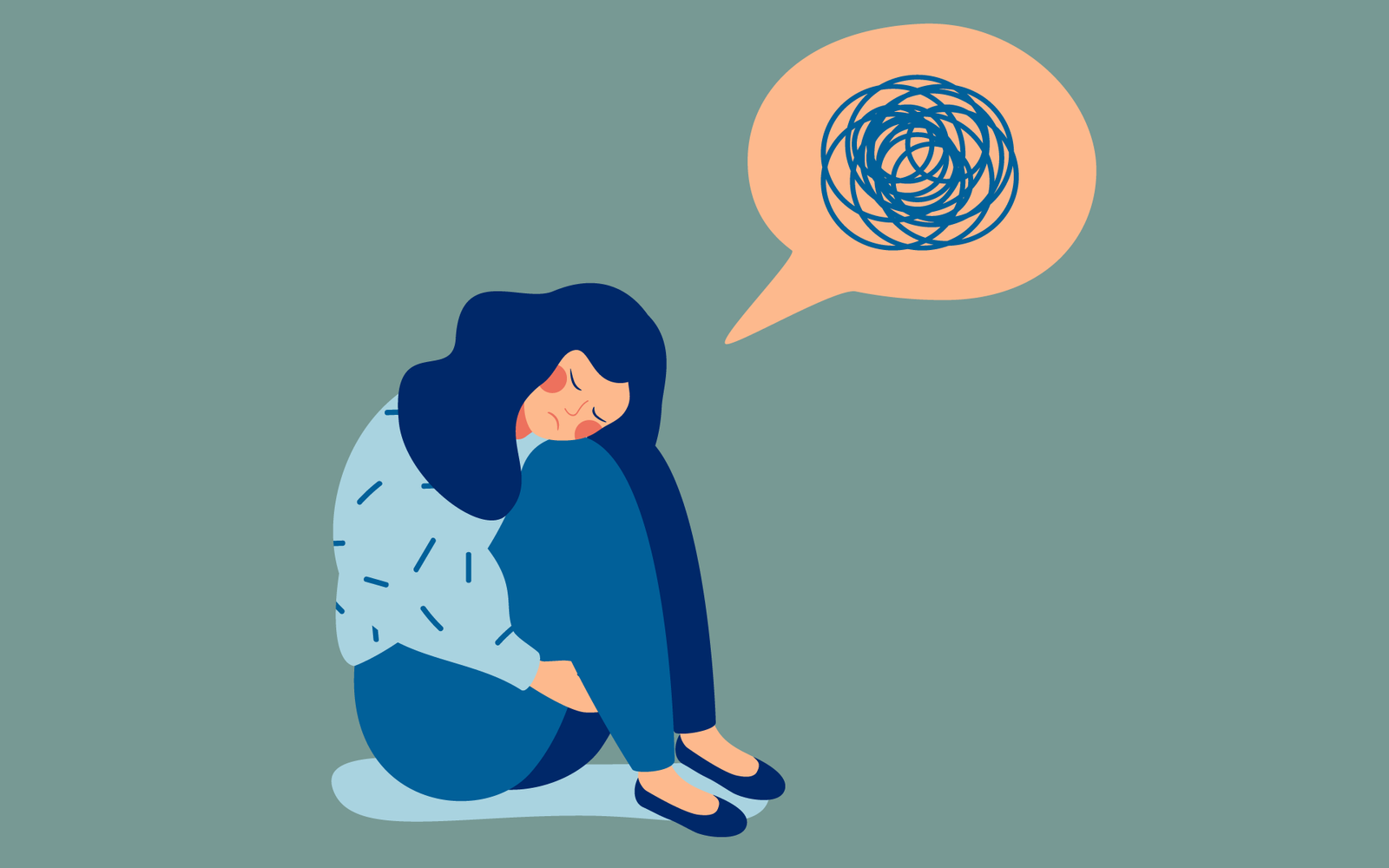Generalized Anxiety Disorder (GAD) is more than just occasional stress or worry—it’s a chronic condition that can interfere with daily life. Affecting millions of people worldwide, GAD is characterized by persistent, excessive worry about everyday activities and events. In this article, we’ll explore what GAD is, its symptoms, and some effective methods for managing it, based on scientific research.
What Is Generalized Anxiety Disorder?
Generalized Anxiety Disorder is a mental health condition that involves constant and excessive worry about various aspects of life, such as health, finances, work, or family. Unlike occasional anxiety, which everyone experiences, GAD symptoms can last for months or even years, and the intensity of the worry is often out of proportion to the actual situation.
People with GAD may find it difficult to control their anxiety, even when they realize that their fears are exaggerated. This disorder can impact relationships, career performance, and overall quality of life.
Common Symptoms of Generalized Anxiety Disorder
GAD manifests both physically and emotionally, and symptoms can vary in severity. The most common symptoms include:
- Persistent worry: Excessive worrying about a variety of topics, occurring most days for at least six months.
- Restlessness: A feeling of being on edge or unable to relax.
- Difficulty concentrating: Trouble focusing due to constant worry.
- Fatigue: Feeling constantly tired, even after sufficient rest.
- Irritability: Being easily annoyed or frustrated.
- Muscle tension: Tightness or pain in muscles, particularly in the shoulders, neck, and back.
- Sleep disturbances: Difficulty falling asleep, staying asleep, or experiencing restful sleep.
Causes of Generalized Anxiety Disorder
The exact cause of GAD isn’t fully understood, but it’s thought to be a combination of genetic, environmental, and psychological factors. Some contributing factors include:
- Genetics: A family history of anxiety or other mental health conditions can increase the likelihood of developing GAD.
- Brain chemistry: Imbalances in neurotransmitters such as serotonin and dopamine, which regulate mood, may play a role.
- Trauma: Life events such as trauma, abuse, or prolonged stress can trigger or worsen symptoms of GAD.
- Personality: Individuals with a tendency to be perfectionistic, shy, or have low self-esteem may be more prone to GAD.
Effective Ways to Manage Generalized Anxiety Disorder
While GAD can feel overwhelming, several evidence-based strategies can help manage its symptoms and improve quality of life.
1. Cognitive Behavioral Therapy (CBT)
Cognitive Behavioral Therapy is one of the most effective treatments for GAD. CBT works by helping individuals identify and change distorted thought patterns that contribute to excessive worry. By practicing new thinking patterns and behaviors, individuals can gain better control over their anxiety.
- CBT Techniques: Techniques such as cognitive restructuring (reframing negative thoughts) and relaxation exercises are commonly used in CBT to reduce anxiety.
2. Medications
For some individuals, medications may be necessary to manage the symptoms of GAD. Commonly prescribed medications include:
- Selective Serotonin Reuptake Inhibitors (SSRIs): These medications, like sertraline or fluoxetine, help to balance serotonin levels in the brain.
- Benzodiazepines: These are used for short-term relief of acute anxiety but are typically not prescribed for long-term use due to the risk of dependence.
It’s essential to consult a healthcare provider to discuss medication options and potential side effects.
3. Mindfulness and Relaxation Techniques
Mindfulness practices, such as meditation and deep breathing exercises, have been shown to reduce symptoms of GAD. These techniques help individuals focus on the present moment and reduce racing thoughts.
- Practice Mindfulness: Engage in daily mindfulness activities like yoga, guided meditation, or simply taking a few minutes to breathe deeply and clear your mind.
4. Regular Exercise
Physical activity can be a powerful tool for managing anxiety. Exercise releases endorphins, which are natural mood boosters, and it can also serve as a distraction from anxious thoughts.
- Exercise Recommendations: Aim for at least 30 minutes of moderate exercise, such as walking, swimming, or cycling, most days of the week.
5. Healthy Lifestyle Choices
Diet, sleep, and overall self-care play significant roles in managing anxiety. Caffeine and alcohol, for instance, can worsen anxiety symptoms, while a healthy diet can support mental well-being.
- Sleep and Nutrition: Focus on getting enough sleep (7-9 hours per night) and consuming a balanced diet rich in whole foods like fruits, vegetables, lean proteins, and whole grains.
The Importance of Seeking Professional Help
If you or a loved one is experiencing symptoms of Generalized Anxiety Disorder, it’s crucial to seek help from a mental health professional. Early intervention can prevent the condition from worsening and offer effective coping strategies. Therapy, medication, or a combination of both can be life-changing for individuals with GAD, helping them regain control of their daily lives and reduce chronic worry.
Conclusion: Finding Relief from Generalized Anxiety Disorder
Generalized Anxiety Disorder is a challenging condition, but with the right treatment and lifestyle adjustments, it can be managed. Cognitive Behavioral Therapy, medications, mindfulness practices, and lifestyle changes all provide effective solutions for reducing anxiety. By addressing the root causes of excessive worry and implementing strategies for emotional regulation, individuals with GAD can live fulfilling, anxiety-managed lives.





